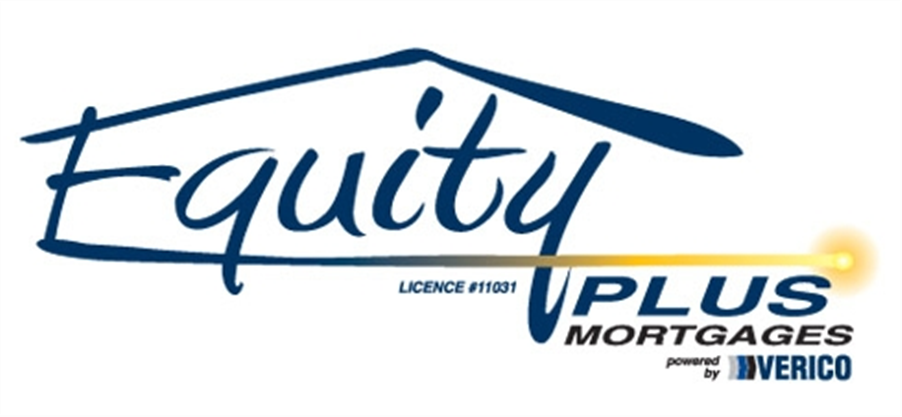
Andrej Miletic
BROWSE
PARTNERSGot a small mortgage balance owing? Why you'll likely get a lousy rate.
12/15/2015
Special to The Globe and Mail - Published Sunday, Nov. 22, 2015 5:45PM EST - Last updated Monday, Nov. 23, 2015 8:12AM EST
Picture this: You spend 15 or 20 years slaving to pay down your mortgage. You’ve built up 80 per cent equity in your home and you have just five years left until it’s free and clear.
After all that effort, after all that built-up equity, you deserve the lowest mortgage rate around, right?
Perhaps, but that’s not how it works in our mortgage market. The people rewarded with the lowest rates are the ones with big, fat six-figure mortgages, and there are two main reasons for it. The first one won’t surprise you, but the second one might.
The No. 1 reason that lenders covet monster loans is profit. If you’ve got a giant mortgage, banks and credit unions figure you’ll have more assets to invest with them, more savings to rot in their 1-per-cent savings accounts, more purchases to put on their credit cards and credit lines, more appetite for insurance and so on.
That’s why it’s easier to grind down a bank’s mortgage specialist on a $700,000 loan than one for $70,000. (One exception is when you have a small mortgage, plus a large amount of non-mortgage business with that lender, and you threaten to leave them.)
Brokers are the same way. They earn commissions just like bankers. And the bigger the mortgage, the bigger the commission.
That’s why some of the best deals on rate-comparison websites say things such as: “For mortgages of $300,000 or more.” Mortgage minimums are becoming more and more common.
For most brokers, one $300,000 mortgage is better than doing six for $50,000. Of course, six $50,000 clients means six potential referral sources instead of one. But it also means exerting six times the effort to close those mortgages, and time is a scarce resource for brokers.
The second reason small-time borrowers do worse in the rate department is risk. It’s one of the most counterintuitive things in the mortgage industry, but someone with a puny 5-per-cent down payment often gets a better rate than someone who’s been pounding down his or her mortgage for decades.
“That’s crazy,” you may say. “Isn’t my mortgage less risky if I have a huge amount of home equity?”
Technically, yes. But if you’re dealing with a lender who sells mortgages to investors, that’s not always reality. Mortgage investors prefer the safety of insured mortgages. Those are mortgages where an insurer, backed by the Government of Canada, guarantees to pay off the balance if the borrower defaults.
There’s a cost for this insurance, and when the mortgage is less than 80 per cent of the property value, the lender must typically cough up this fee. By comparison, when the “loan-to-value” ratio is more than 80 per cent, it is the borrower who pays that insurance premium. For lenders who sell their mortgages to investors, avoiding the cost of insurance lets them offer slightly lower rates – usually about one-tenth of a percentage point lower.
Quick tip: If you’re renewing a mortgage that you paid to insure, you’ve built up 20 per cent equity or more and you’re switching lenders, provide your insurance policy number to your new lender or broker. Keeping your default insurance in force costs you nothing and gives you a wider selection of lenders and rates when you renew the next time.
So, where can diligent borrowers go for a deal on a mini-mortgage? Most people just renew with their existing lender. Saving one-tenth of a per cent interest on a $50,000 mortgage with a five-year term and amortization is only about $130. Unless you need to refinance or add a secured line of credit, the trivial savings don’t offset the hassle of reapplying elsewhere, collecting your documentation, getting your home appraised (which you must often pay for), meeting with a lawyer or closing agent, paying your lender’s discharge fee and so on.
None of this should stop you from trying to better your rate. At the very least, use competitors’ rate quotes as a bargaining chip, either with your existing lender or with a broker who doesn’t have a mortgage minimum. And if you have loads of other business with your bank or credit union, definitely use that as leverage. There are always other lenders who would welcome all of your banking business with open arms.




























